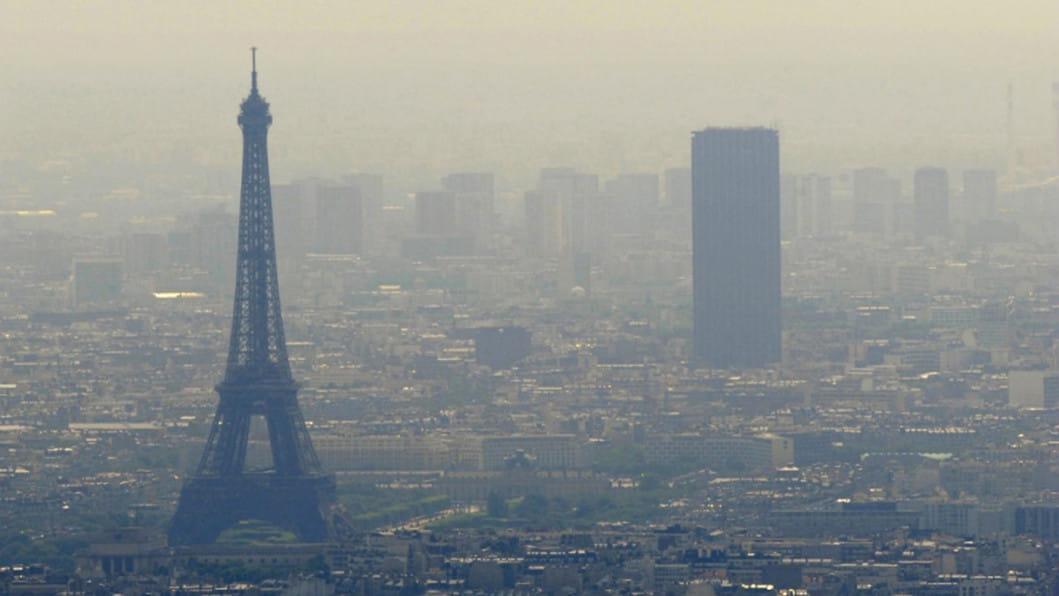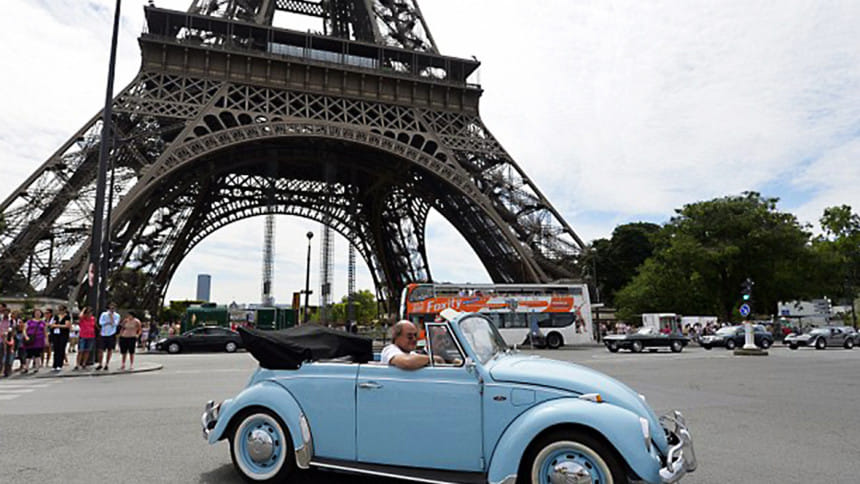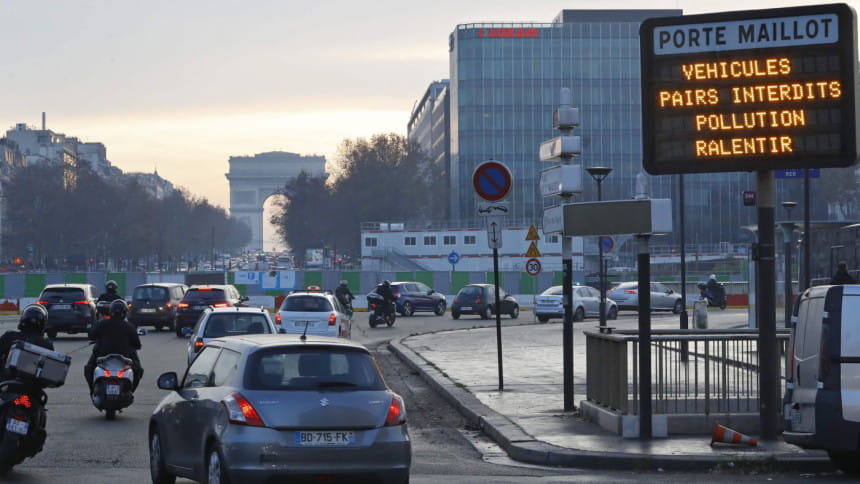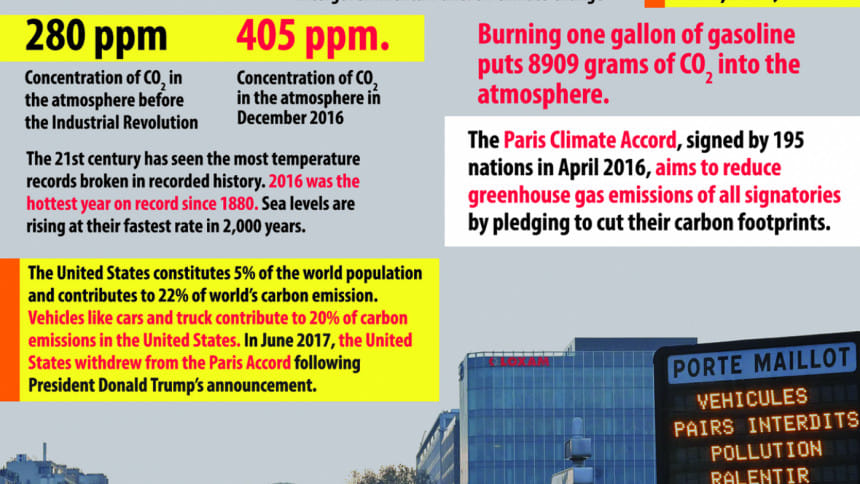The face of the planet is changing

The negative effects of the internal combustion engine and the diesel powered engine is evident – rising global temperatures as a result of CO2 and other greenhouse gas emissions, ongoing depletion of global fossil fuel reserves and clogging up of precious space in the world's cities has made the automobile the prime target for environmentalists and those dictating environmental policy. It also serves as a sobering reminder that for all the advancements in the automotive industry, there is no concrete solution in sight.
Now, more than ever, there is a decided push for greener vehicles. Tesla has skyrocketed in popularity, cars like the Model S filling the streets of environmentally conscious cities like Oslo in Norway, where the government offers huge tax rebates, designated parking spots and free charging at periodically located stations, all of which make it much more expensive to own a conventional car. Norway plans to ban automobiles powered by traditional petrol or diesel engines by the year 2025. While Norway has plans of incentivising the public to make the switch to electrics before phasing out the conventional car, others are not as seamless in the transition.
France has taken the decision to ban all combustion and compression engines in motor cars by 2040, a drastic measure fueled by rising concerns about the seemingly endless smog hanging over Paris in recent years. Photos of an Eiffel Tower rendered hazy by the surrounding smog have flooded social media and raised much alarm in a country where, like the rest of Europe, stringent emissions standards have failed to put a rein on the automobile's exhaust gases. It's an uphill battle – manufacturers meet the standards by investing billions into R&D, cars pass emissions regulations with badges like "Blue Motion" and then consumers buy double the number of cars, nearly cancelling out the reduction in emissions because more cars now ply the streets than the time when those emissions standards were put in place. Rising purchasing power and increasingly available capital to fund an automobile purchase do not help the issue since they were never factored in when coming up with emissions control policies.

The Paris Climate Accords have gone a long way in encouraging nations to overturn the traditional automobile. It's not just western powers like Britain and France trying to alleviate the effect of global warming by reducing the number of cars on the road – India plans to ban all combustion engine cars by 2030, replacing them with electrics or other viable alternatives, while China, whose cities are infamous for their smoggy skylines, is mulling similar policies.
All of these policies come with significant amounts pledged towards nursing the global auto industry towards more sustainable and less harmful alternatives to fossil fuels. While electric cars seem to be ahead of the race for alternatives, they come with baggage as well – coal-fired power plants currently fuel 41% of global electricity, making even electric cars dirty by association. France is planning to address this by banning coal completely by 2022 and investing nearly 470 million dollars into the energy sector – 80% of France's current electric power is harnessed from nuclear energy, which comes with its own set of risks but is significantly cleaner than coal. The UK is planning to inject more than a billion dollars into development of driverless and zero-emission cars, to try and realize their other goal of ensuring zero emissions on-road by 2050.

The push is working. Electric car sales are going up steadily, hybrids are more popular than ever and most major manufacturers from Lexus to Hyundai are weighing in heavily on their R&D into alternatives. Manufacturers like Volvo are quietly revolutionising their lineups so as to not get left behind. With the rising popularity of Tesla and cult figures like Elon Musk gaining prominence, world governments are waking up to the challenges of setting up the necessary infrastructure to sustain a switch from petrol and diesel. The issue of range is still to be addressed convincingly, but the effort is there.
Will it work, and is it necessary? When even a country like Germany, the birthplace of the modern motor car, considers banning the internal combustion engine, you have to realize how dire the current situation must be. It's harsh, but it's seemingly the truth – the petrol and diesel powered car is on its way to a slow death.






Comments